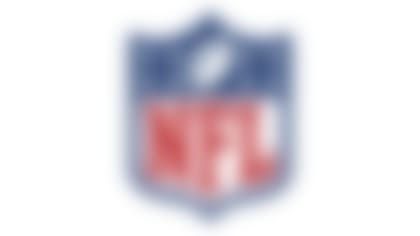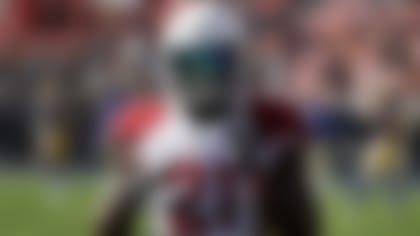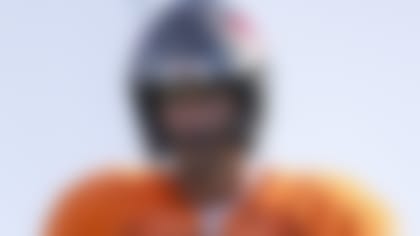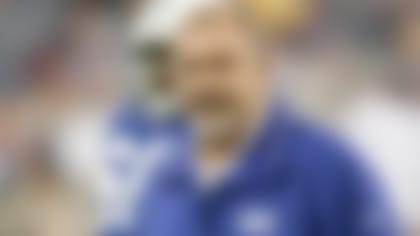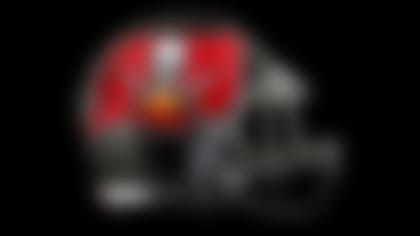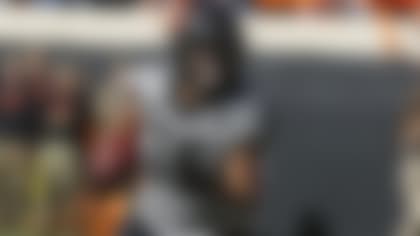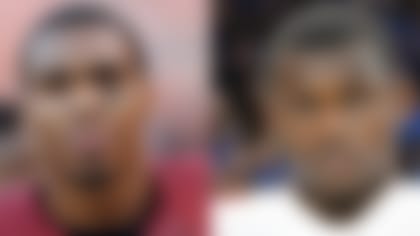AURORA, Ohio -- Flanked by the shining helmets of all 32 NFL teams, the head physician for the Cleveland Browns warned some of the league's rookies about the dangers of concealing head injuries and concussions on Monday.
"Don't try to hide it," Dr. Mark Schickendantz cautioned. "A little ding is not just a little ding."
As part of a four-day retreat designed to ease their transition from college athletes to paid professionals, NFC rookies attended a seminar on health and safety hosted by Schickendantz, one of many speakers who will address the first-year players on a variety of topics during the league's rookie symposium.
Shickendantz touched on a number of health issues ranging from banned substances to heat and hydration during his Power Point presentation. But He spent a significant portion of his discussion dealing with concussions, a subject at the forefront of league matters the past two years. Shickendantz began by explaining that the players will have to undergo a preliminary base test during training camp, and he outlined the necessary steps they'll have to follow if they sustain a head injury.
"Our only agenda is your health and safety," Shickendantz said. "It's about you, not about us."
Dallas Cowboys rookie cornerback Morris Claiborne found the session informative and helpful. Claiborne said any outside discussion on potential long-term effects of head injuries are sobering.
"You think about it when you're sitting in here," Claiborne said afterward outside one of the conference rooms at The Bertram Hotel. "Being a football player, once you're on the field, you don't think about getting concussions or stuff like that. It's very important.
Darlington: Don't be like Mike
Michael Vick has a very simple message for NFL rookies: Don't follow in my footsteps. Jeff Darlington reports. **More ...**
"It could be the difference between life or death. If you feel symptoms or those kind of things, you need to tell someone."
The issue of players hiding their symptoms from trainers and team doctors has been one of the league's major obstacles in trying to improve safety and minimize health risks.
"I really haven't been in that situation," said Claiborne. "I know if I ever were, I would let someone know. You want to play and you want to get back in there, but if you get in there and you take another hit you might never play again. It's important to let someone know and check you out."
Copyright 2012 by The Associated Press
